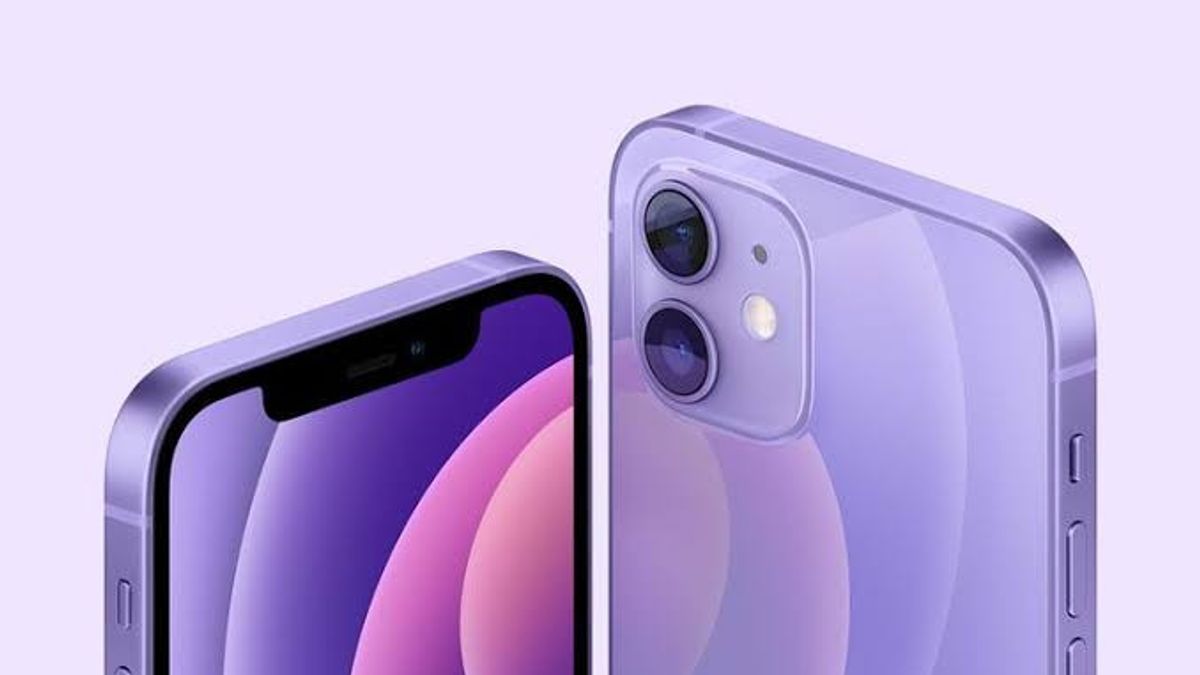JAKARTA - The global shortage of chips is still happening today, and has resulted in a decline in the production of gadgets. Of course, this semiconducting component crisis will affect all technology industries, including Apple.
"We did have a few shortfalls, where the demand was so great and beyond our own expectations that it was difficult to get the entire set of parts in the time we were trying to get," said Apple CEO Tim Cook.
The Silicon Valley giant, the US, has actually warned investors of the consequences of this global chip shortage, in which products such as Macs, iPads, iPhones and other best-selling devices will be delayed.
Cook admits that the semiconductor crisis originally attacked the Mac and iPad, but has now begun to spread to the iPhone. The affected semiconductors are old chips, however, they are still needed for iPhone support parts.
Cook added, the shortage of chips in the third quarter is also predicted to worsen in the fourth quarter. This shortcoming is not worth the huge demand. The new report says it is possible that the semiconductor production shortfall could last until 2022.
In the previous quarter, Cook said a shortage of chips could impact sales of around $3 to 4 billion. The impact of the crisis on Apple's total revenue in the third quarter, was lower than their prediction.
Apple's sales and profits in the third quarter also exceeded analysts' predictions, as the premium 5G version of the iPhone sold out and many consumers signed up for subscription services.
According to data from Refinitif, iPhone sales totaled $81.43 billion, exceeding analyst expectations of $73.30 billion. Meanwhile, the company's profit was 21.74 billion dollars, or 1.3 dollars per share, above estimates of 1.01 dollars per share.
The English, Chinese, Japanese, Arabic, and French versions are automatically generated by the AI. So there may still be inaccuracies in translating, please always see Indonesian as our main language. (system supported by DigitalSiber.id)













